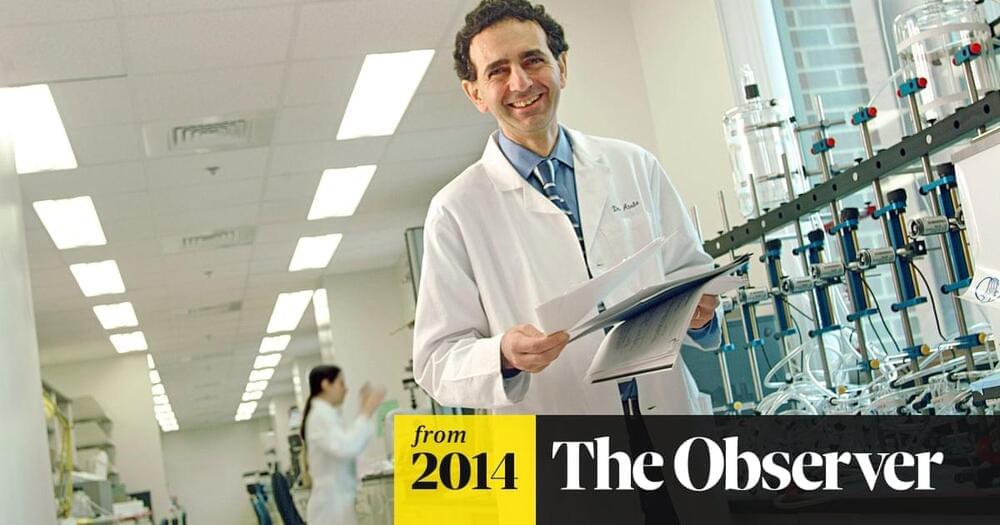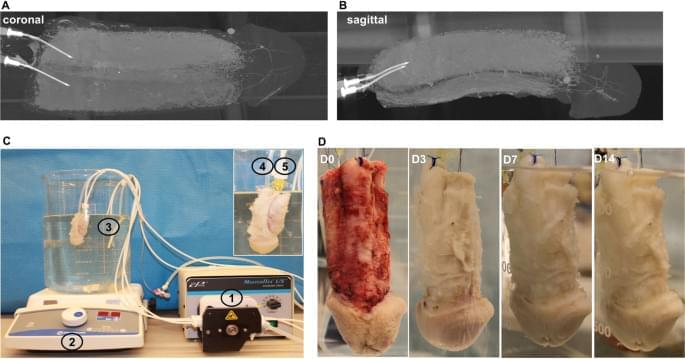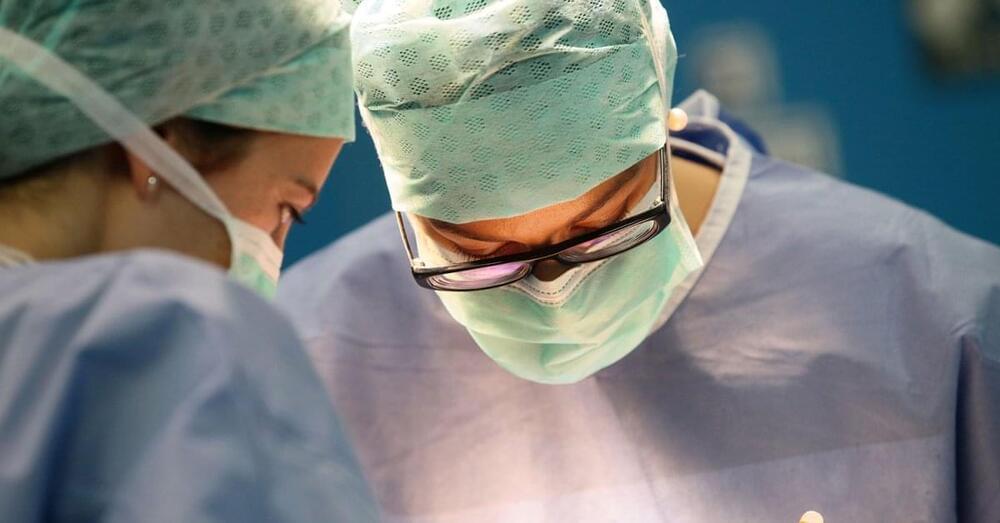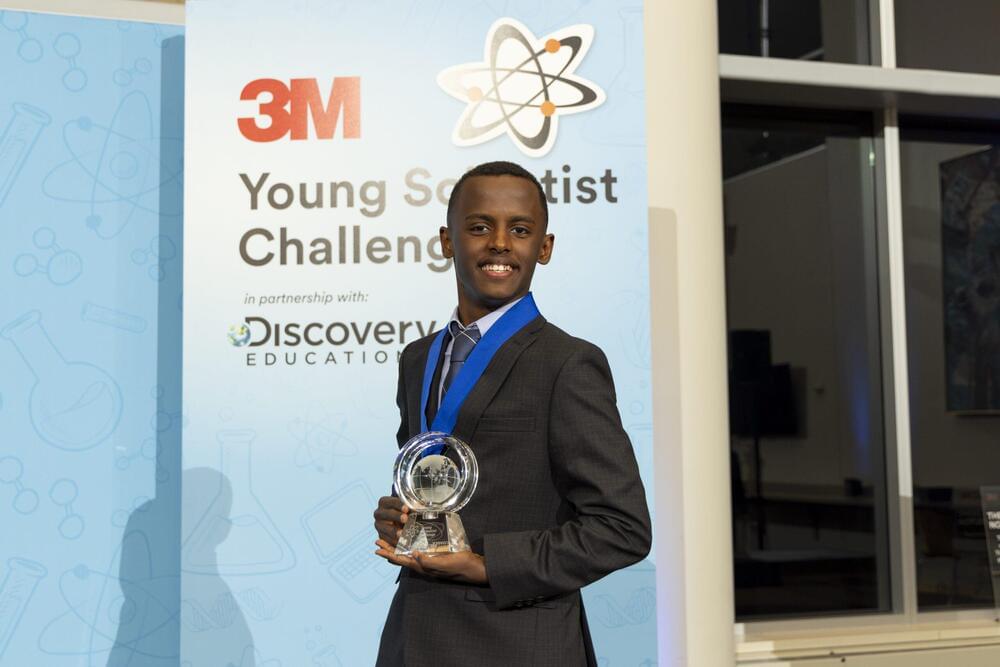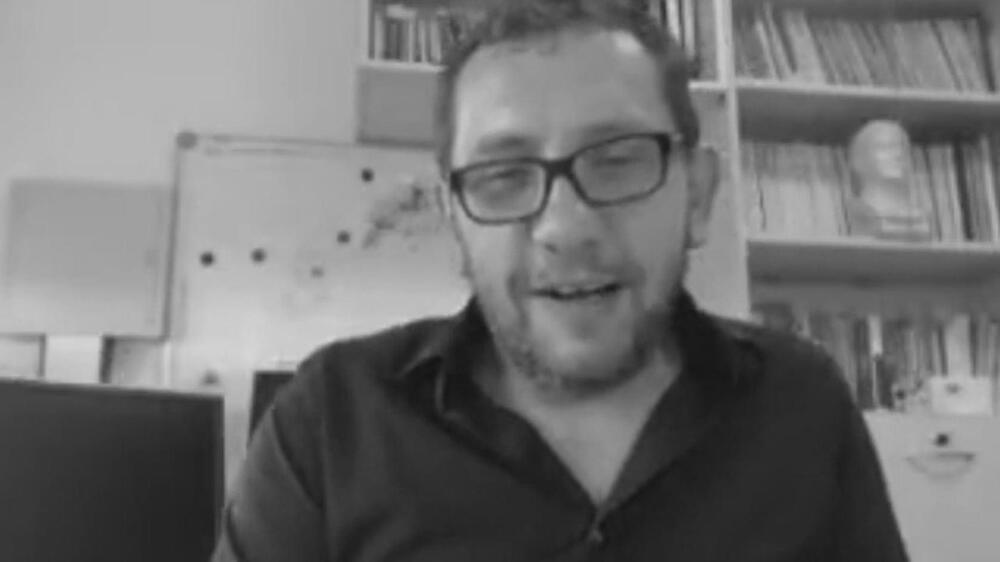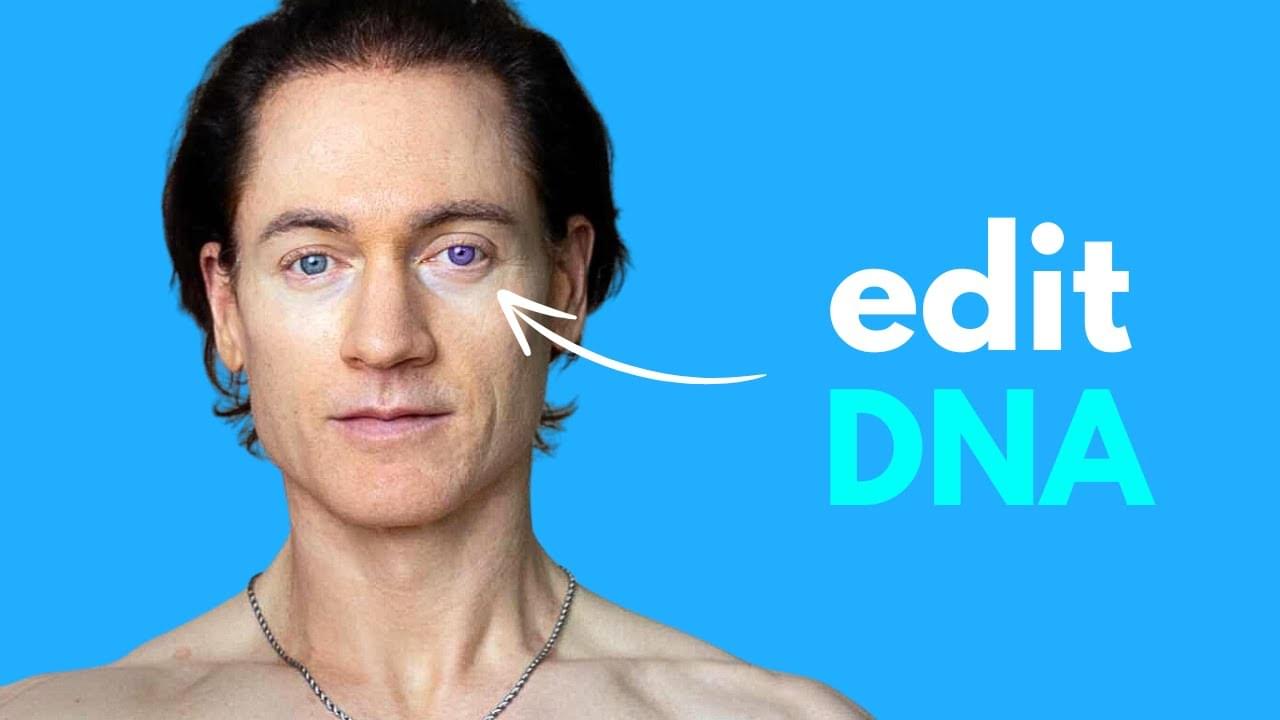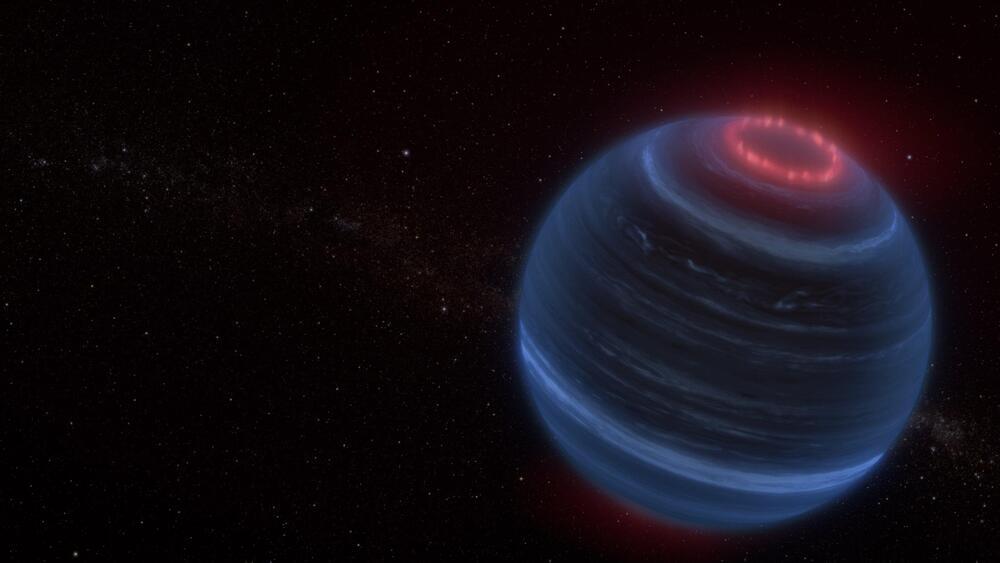May 7, 2024
The Universe Is Simulated. Now What?
Posted by Dan Breeden in categories: futurism, space
Here is a panel between David Chalmers and Scott Aaronson at Mindfest 2024. This discussion covers the philosophical implications of the simulation hypothesis, exploring whether our reality might be a simulation and engaging with various perspectives on the topic. This presentation was recorded at MindFest, held at Florida Atlantic University, CENTER FOR THE FUTURE MIND, spearheaded by Susan Schneider. YouTube: https://youtu.be/7PlmOXQ18jk Please consider signing up for TOEmail at https://www.curtjaimungal.org.
Support TOE: — Patreon: https://patreon.com/curtjaimungal (early access to ad-free audio episodes!) — Crypto: https://tinyurl.com/cryptoTOE — PayPal: https://tinyurl.com/paypalTOE — TOE Merch: https://tinyurl.com/TOEmerch … see more.


